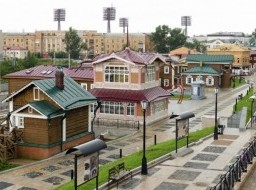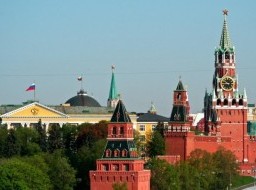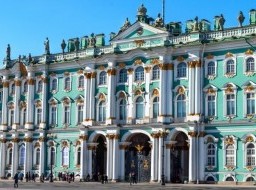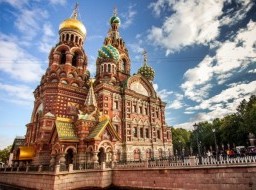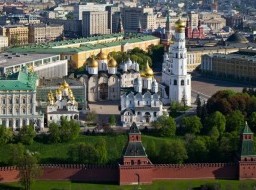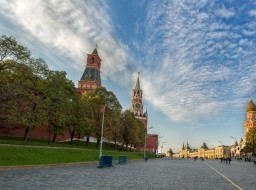Shichahai Lake
Shichahai is a famous scenic area in the northwest part of Beijing, which includes three lakes (Qianhai, meaning Front Sea; Houhai, meaning Back Sea and Xihai, meaning West Sea), surrounding places of historic interest and scenic beauty, and remnants of old-style local residences, Hutong and Courtyard. Its history can be traced to as far back as the Jin Dynasty (1115 - 1234). During the Yuan Dynasty (1271 - 1368), Shichahai was the terminal point of the Great Canal, which was a main reason for its prosperity. In the period of the Ming Dynasty (1368 - 1644), when the channels ceased to be as smooth as they used to be, it changed from a bustling hub to a place of leisure where people could stroll around to admire the vast scenery or enjoy the cool shade under willow trees. Shichahai is always a good place for local residents' recreational life, and in the last 200 years, many governmental officers, celebrities, monks and nuns chose to build mansions, temples and nunneries in it. Thus, the attraction of Shichahai lies not only in its natural beauty, but also in the historical value of its architecture. The most famous ones among these historical buildings are Prince Gong's Mansion (Gong Wang Fu), Price Chun's Mansion (Chun Wang Fu), the Former Residence of Song Qing Ling, Guang Hua Temple and the Former Residence of Mei Lan Fang, a well-known Beijing Opera master. Need to mention that the famous Shichahai Bar Street is actually Houhai Bar Street, which is in the area. The greatest point of interest in Shichahai today is its residences, Hutong and Courtyard. Visiting Hutongs by pedicab has become a popular activity for visitors from China and abroad. The most famous is Jin Si Tao, which actually includes 18 hutongs and keeps the original layout. Another one is Skewed Tobacco Pouch Street (Yandai Xiejie), meaning an oblique street which looks like a long-stemmed pipe. This street used to be a famous street selling long-stemmed pipes. In the east area, South Gong and Drum Lane (Nanluogu Xiang) is an interesting hutong renowned for its long history, culture, specialty stores and distinctive foods. |

